Books are powerful tools for navigating the complicated experience of being human.
There are few better ways to expand your worldview, discover what it’s like to be someone else, and add context to your own experiences than through reading. Books are powerful tools for navigating the complicated experience of being human. Reading helps us to better understand political ideologies, to inform the way we vote, to help us determine which organizations to pledge allegiance to, and, ultimately, to foster compassion towards other people.
This year, let yourself be challenged and changed by books. Encourage yourself to engage with the hard stuff and the unfamiliar, and let this new knowledge inform your approach to making this floating space rock a better place. Whether it’s work that touches on gender and sexuality, Indigenous experiences, or intersectional feminism, there are many BC-published books that serve to educate and inspire.
Brush up on your knowledge of Canadian women suffragists with Veronica Strong-Boag‘s The Last Suffragist Standing: The Life and Times of Laura Marshal Jamieson (UBC Press). An account of the work and activism of Laura Marshal Jamieson, the last suffragist in Canada to be elected to a provincial or federal legislature, this biography is enriched by the author’s deep understanding of the women’s movement in Canada. A compelling history of feminism, politics, and socialism in Canada, The Last Suffragist Standing is a solid place to start.
For further reading on gender and sexuality, add the forthcoming Double Melancholy: Art, Beauty, and the Making of a Brown Queer Man by C.E. Gatchalian (Arsenal Pulp Press, April 2019) to your reading list. Part memoir, part cultural commentary, Double Melancholy is an exploration of identity through the eyes of an introverted and anxious but artistic queer Filipino Canadian boy. He seeks to understand how art both enriches and colonizes us. Gatchalian asks, how do we navigate an art world that largely erases queer individuals and people of colour?
Don’t limit your studies to nonfiction, though; reading fiction can dramatically alter your view of the world, leading to a deeper, more compassionate understanding of the people who inhabit it. Joshua Whitehead, an Oji-Cree/
Feel empowered by the experiences of the women in Dancing in Gumboots, Adventure, Love & Resilience: Women of the Comox Valley (Caitlin Press), the sequel anthology to Gumboot Girls from authors Lou Allison and Jane Wilde. Documenting a group of women who moved to the Comox Valley during the 1970s, this book provides a picture of the shifting cultural expectations of women and traditional gender roles during the time. The 32 women documented came from all over North America to settle on Vancouver Island, where the unique agricultural area of the Valley and surrounding area offered them the space to navigate the challenges and struggles arising from the radical time.
The antidote to fascism is action against it, and The Antifa Comic Book: 100 Years of Fascism and Antifa Movements Around the World (Arsenal Pulp Press) looks at the history of both the shocking neo-nazi movements happening today, as well as the protestors risking their lives to quelch them. Created by Indigenous writer, artist, and activist Gord Hill, this full-colour graphic novel is a powerful depiction of the poisonous political ideology as it has manifested around the world—and the
No matter the genre, the form, or the context, reading is a political act, and can also serve to inform your political and social activities. Next time you’re looking for a new book to inspire and motivate you to make a change in your community, look to some of these locally published works. It might just be the push you need.

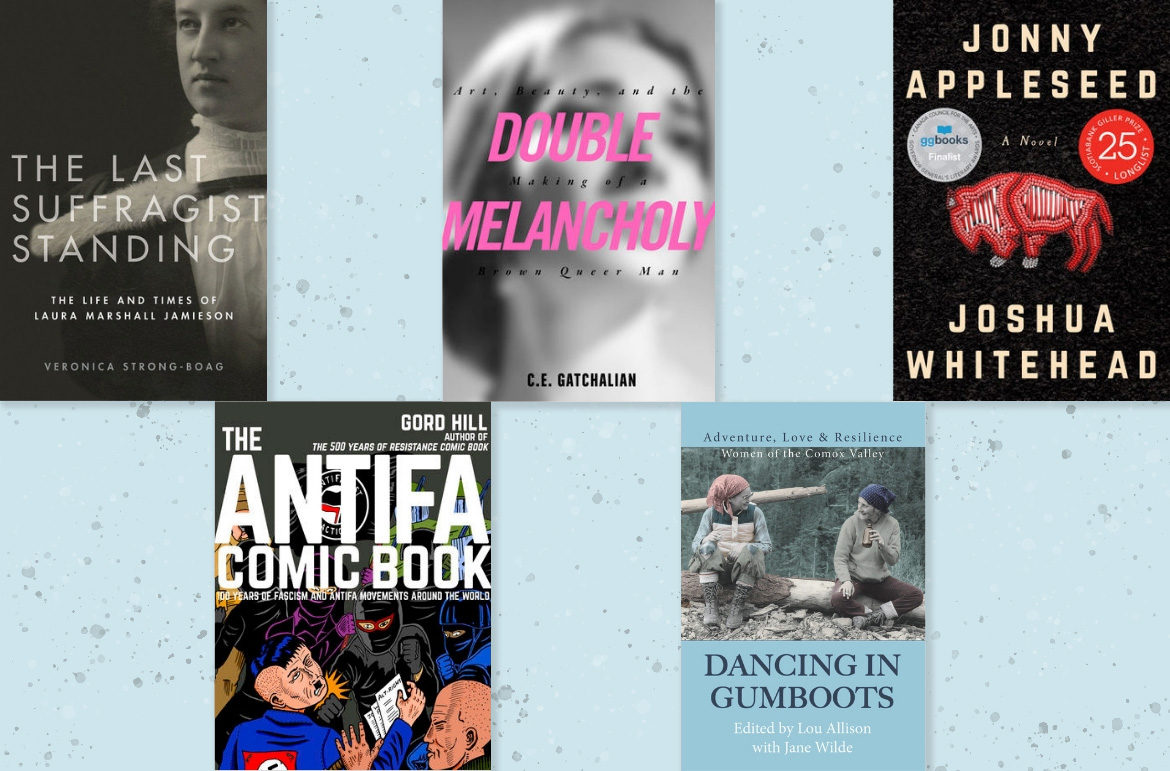
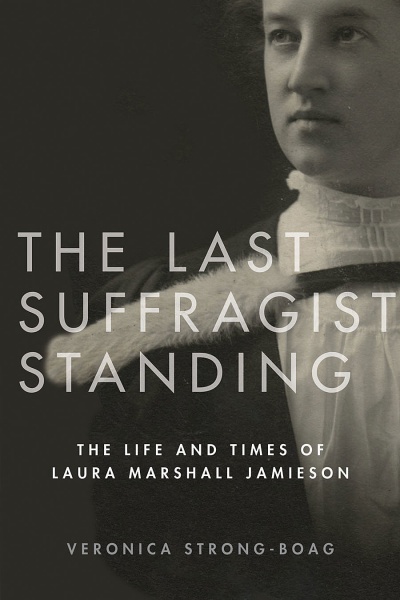
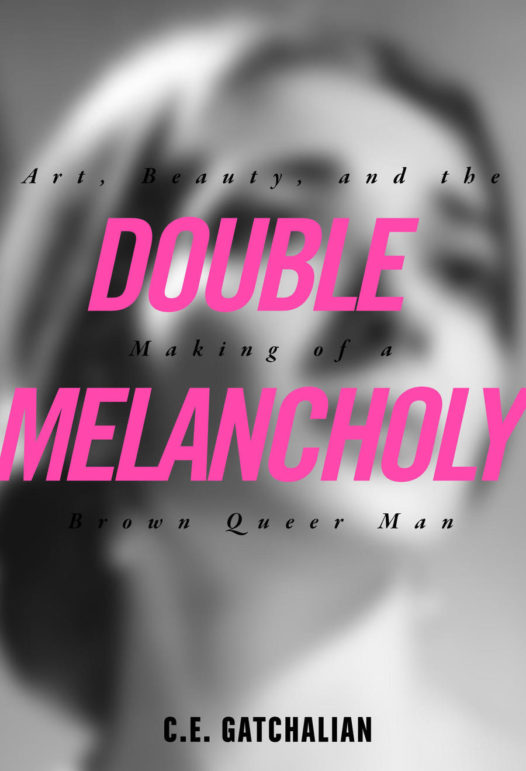
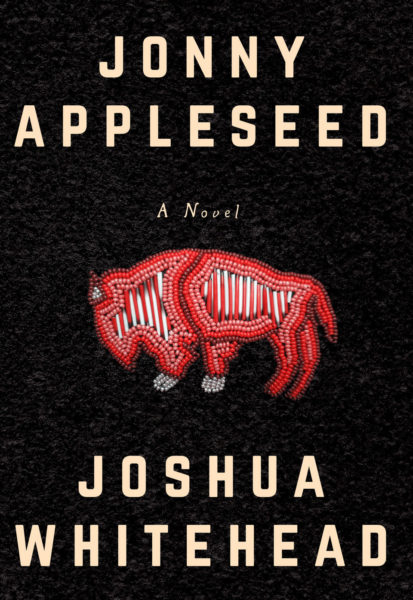
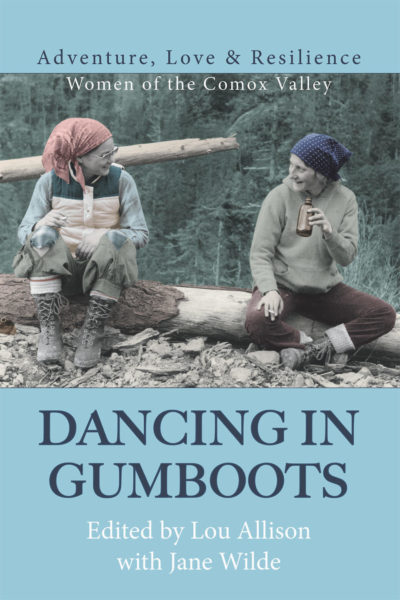

2 replies on “On using literature to fuel and inform your activism”
It’s Filipino not Philipino.
Thank you for the correction.